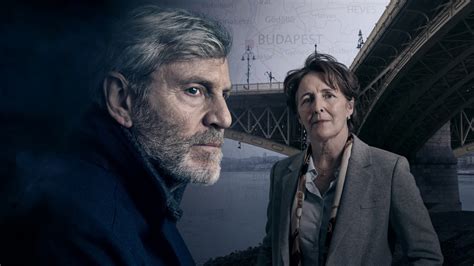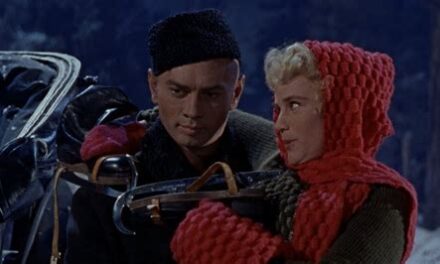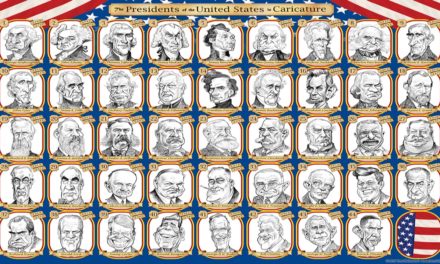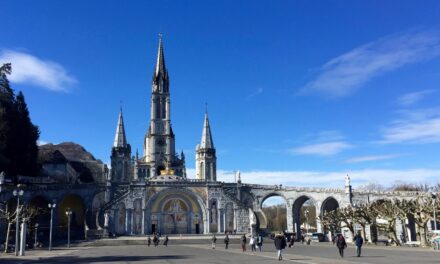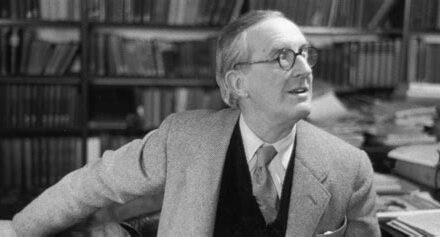I was really looking forward to Baptiste, season 2 on Masterpiece. If you haven’t heard of him, Julien Baptiste (pronounced Batiste), played by the superb Tchéky Karyo, is a French detective who, judging from his cases, specializes in locating missing persons. That may explain why he made his debut in the earlier series The Missing (2014-2016), a gripping two-season drama about two cases of child abduction. The public must have liked it, because by 2019, The Missing spawned the spin-off Baptiste (season 1) with the lead sleuth retired but doggedly searching for a girl purported to be the niece of a depressed and somewhat deranged Englishman (Tom Hollander). The plot takes viewers from the stews of Amsterdam and the shockingly commercial world of legal prostitution, to sex trafficking, organized Romanian crime, and official corruption. It’s all dark, violent (including the chainsaw dismemberment of a murdered man), depressing, and sometimes confusing. But if you come to it on video or streaming (and, please, start with the original series), you may end up binge watching to the end.
So, as I say, I welcomed season 2 with the enthusiasm of a committed fan, and, yes, I watched it through to the last of the six episodes. Was it a case of plus ça change, plus c’est la même chose? No. Baptiste may be the same retired, committed detective, but wokeness has worked its obligatory and stale magic on both his psyche and the plot to such a degree that the end was a positive relief.
The setting of the new season is Budapest, which, for those of you who were lucky enough to go to a school where geography was still taught, is in Hungary. Ah, yes, Hungary, the country in Europe most notoriously trying to snuff out the beacon of tolerance, the country seeking to stem the tide of “refugees,” the country on the cusp of neo-Nazism. That’s not a rant; that’s season two’s real story—I mean, once you get past the surface plot.
As for that plot, here it is. (And note: there are spoilers here, but nothing close to the way the series has spoiled itself.) Emma Chambers (Fiona Shaw), British ambassador to the country, had a happy, distinguished life. However, a year or so before the story begins, her daughter was murdered in a bungled robbery. Her two boys, Alex and Will, are deeply affected by the crime (perpetrated, as a later episode reveals, by a Middle Easterner of uncertain nationality). Will becomes literally speechless right up to the present and Alex becomes in short order a dedicated Islamaphobe.
And Islamaphobia is rife in Hungary. A character called Gomorrah has his own site on the web; he wears a hideous mask and urges one and all to exterminate the invading foreign vermin. Is he associated with the far-right movement that’s pushing for closed borders? Be that as it may, the message hits home with Alex and the silent Will.
One day the two head out to a wood to meet a sleazy, far-right character, but, unknown to them, father Richard (Adrian Rawlins) follows. He ends up dead, and, par for the course in the Baptiste series, the boys disappear but not entirely without a trace. Richard dropped his cell phone with the camera running. What does it reveal? Something of the identity of the killer but also something of his weapon. Was it a Browning Hi-Power, a Czech CZ, a Glock, or a German Luger? If you guessed Luger, you guessed right, and you get the not-so-subtle point too: Nazis used Lugers! How did the low-life murderer get one? Who knows? They haven’t been produced since 1986, and although there are plenty of them, they generally command a high price. That’s irrelevant. What matters is guilt by association, and though anyone might make the connection, the writers of Baptiste 2 leave nothing to chance by underscoring the fact via Baptiste himself.
Of course, the detective has shown up. Drawn to such cases like a fly to a carcass, the Frenchman leaves retirement and wife to seek, as he is wont to say, the truth. For him, that’s not so much the whereabouts of the kids as it is the disturbing presence of something he “has seen before,” far-right extremism. One of the cops on the case is a Turk (Dorka Gryllus), and she has the nicest, most tolerant dad in the world who, as things transpire, gets murdered by a bunch of thugs whose politics are no secret. And when Baptiste and Emma go to a Muslim ghetto’s bazaar, a place brim-full with the milk of human kindness, extremists begin shooting people, well, discriminately, except that Emma takes a bullet in the back that will paralyze her. She lies helpless and watches Baptiste gun down one of the shooters who, when his mask is off, turns out to be Alex.
The timeline can be confusing largely because it oscillates between events of the present day (a down-and-out Baptiste and wheel-chair-bound Emma still searching) and of fourteen months earlier when the boys disappeared. The time of a given scene is usually clear, but not always. However, the writers compensate for that bit of murkiness with their clear, ham-fisted preaching for “open borders” (a phrase Emma uses while later lecturing son Will—also a convert to Gomorrah’s movement).
Anyone watching the new Baptiste will see the ingredients of the old with its missing children, shady underworld, and corrupt police, which ought to be grimly satisfying. But sadly its unconcealed political agenda scuttles the ship. Once the end comes, with Baptiste apparently accepting the retired life of home, wife, and grandchildren, one can only conclude that there will be no follow-up. To that and perhaps to that only, I’ll offer a hearty amen.

